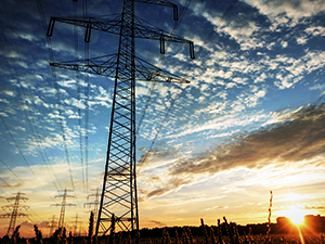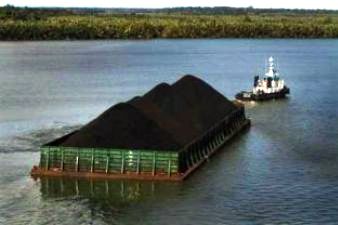 The Russian Parliament has passed a long-awaited law to protect the country’s seas from oil pollution, after the voices of 120,000 Russians were presented to the government during Earth Hour’s I WILL IF YOU WILL campaign in 2012.
The Russian Parliament has passed a long-awaited law to protect the country’s seas from oil pollution, after the voices of 120,000 Russians were presented to the government during Earth Hour’s I WILL IF YOU WILL campaign in 2012.
WWF Russia has been working on a law to be passed in parliament since the catastrophic oil spill in the Kerchensky Strait of Southern Russia in 2007, and over the years has presented the idea to various government bodies to gather political momentum behind its inception.
After a round-table in the Russian State Duma took place, ecologists further developed the draft law together with the specialized committee on environment in 2010. A year later, the State Duma approved a first hearing of a similar draft law prepared by the Ministry of Natural Resources; however, it failed to include the necessary measures needed to fully protect the seas in case of an oil spill.
In response, WWF Russia decided to use Earth Hour’s I WILL IF YOU WILL campaign in 2012 to motivate citizens to add their voice to the growing call for the government to support a full version of the draft law to protect the seas.
Celebrity ambassadors filmed video pledges about what they’d be willing to do if 100,000 signatures were gathered during the Earth Hour campaign, with most completing their dares after the goal was reached within three weeks.
In response to the overwhelming call to redraft the law, an agreement was reached after Earth Hour between WWF-Russia, the Ministry of Natural Resources and a specialized State Duma committee that would see them work together to redraft the law that was accepted in the first hearing.
The rework included most of the crucial aspects needed to protect the natural environment of the seas from oil pollution, including the establishment of special conditions for extracting and transportation of hydrocarbons on the continental shelf, in the inner seawaters and in the territorial seas of Russia.
The law also widens responsibilities for operating companies to prevent oil spills, including conditions aimed to protect the seas from oil pollution.
“There has been major progress in the regulation of coordination response in case of oil spills,” says Ekaterina Khmeleva, environmental legislation program coordinator at WWF-Russia.
“The new law establishes an approach of a mandatory full restitution to the environment in case of an oil spill, including water and bio-resources, highlighting that the owner of the license bears responsibility even in cases that a spill happens through a fault of his contractor.”
The law will also make it possible for volunteers to engage in the liquidation of oil spills and their consequences on shore.
“We think that the steps that are now fixed in the law will essentially improve the situation in the legal regulation in protection of seas from oil pollution,” says Khmeleva. “However, they are not solving all problems, which is why we are not stopping on what has been achieved and will continue our work on that issue further.”
Source: WWF.














